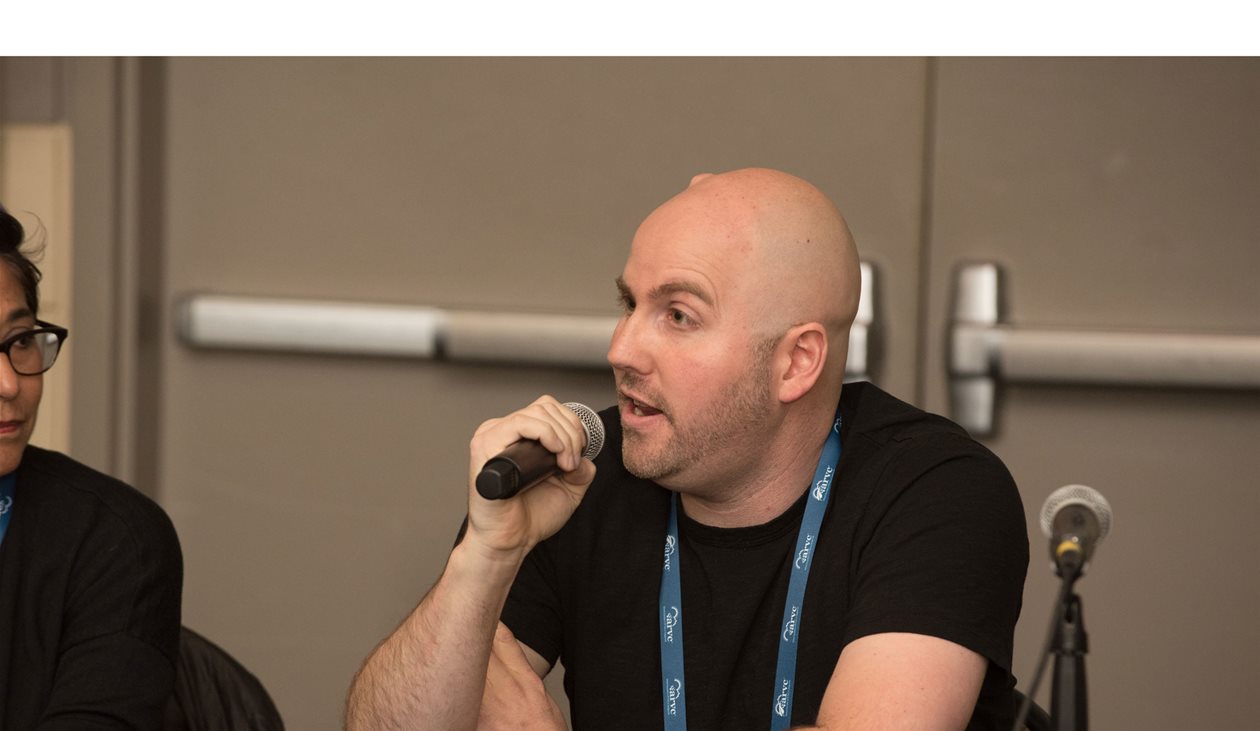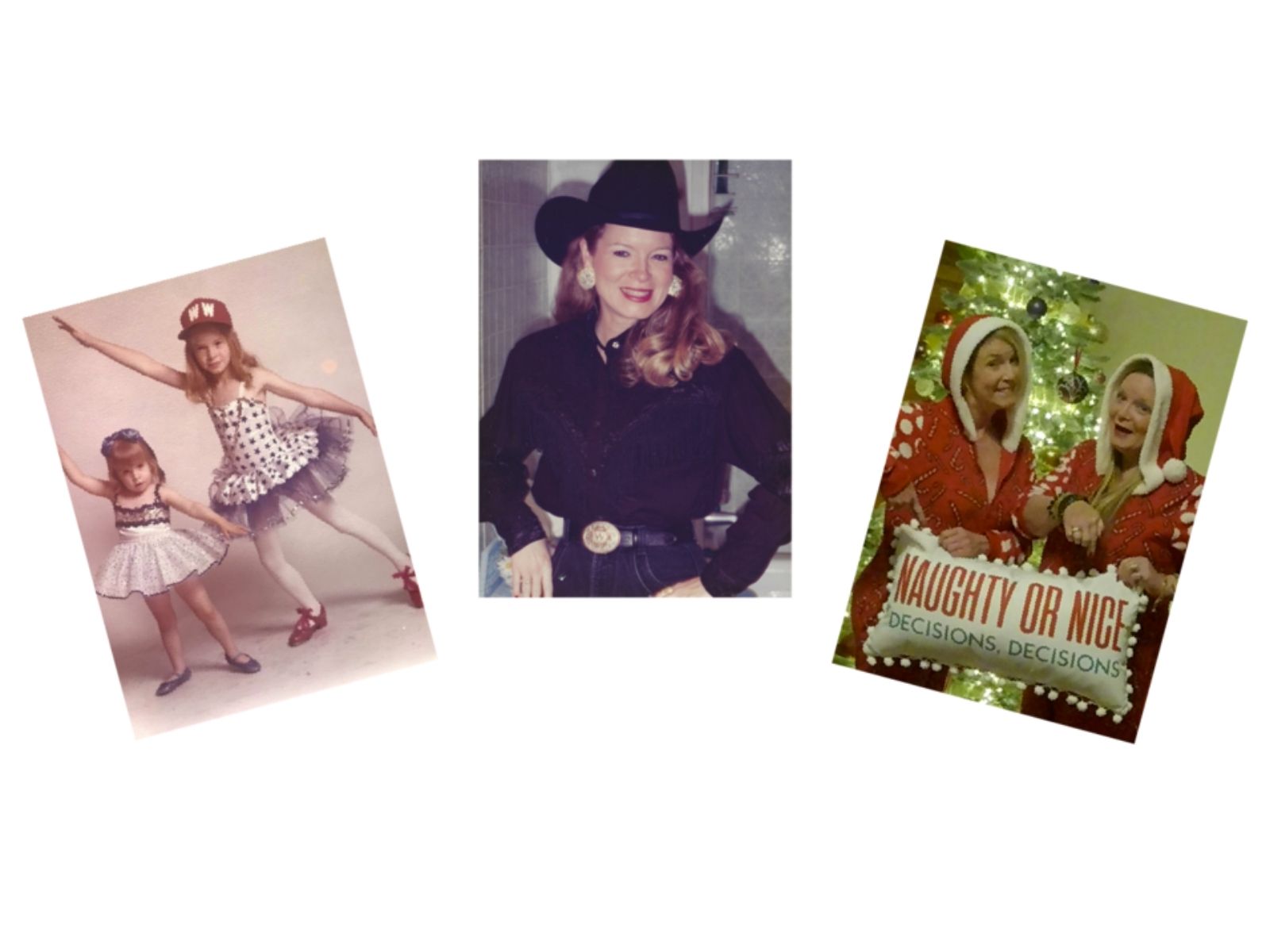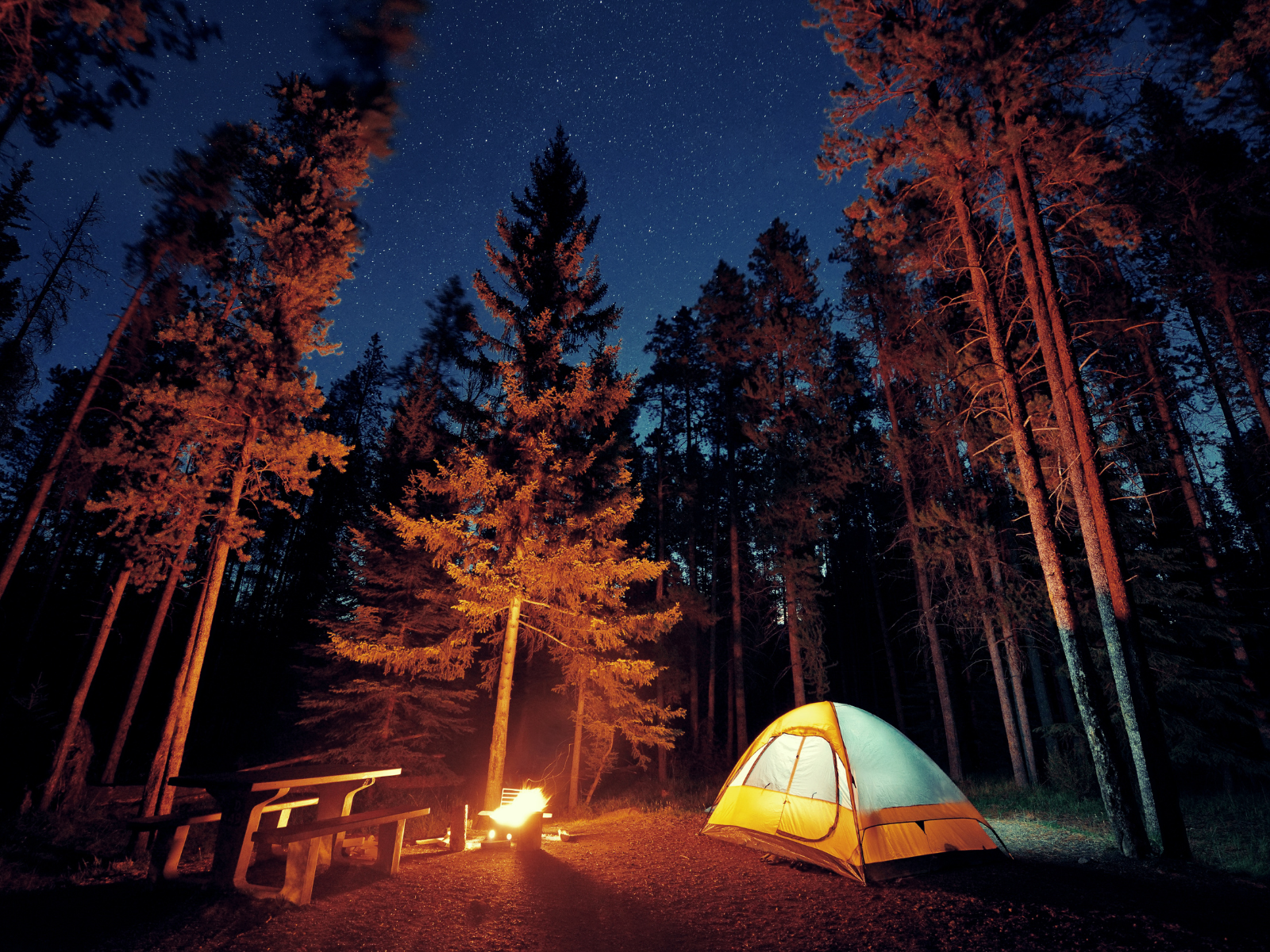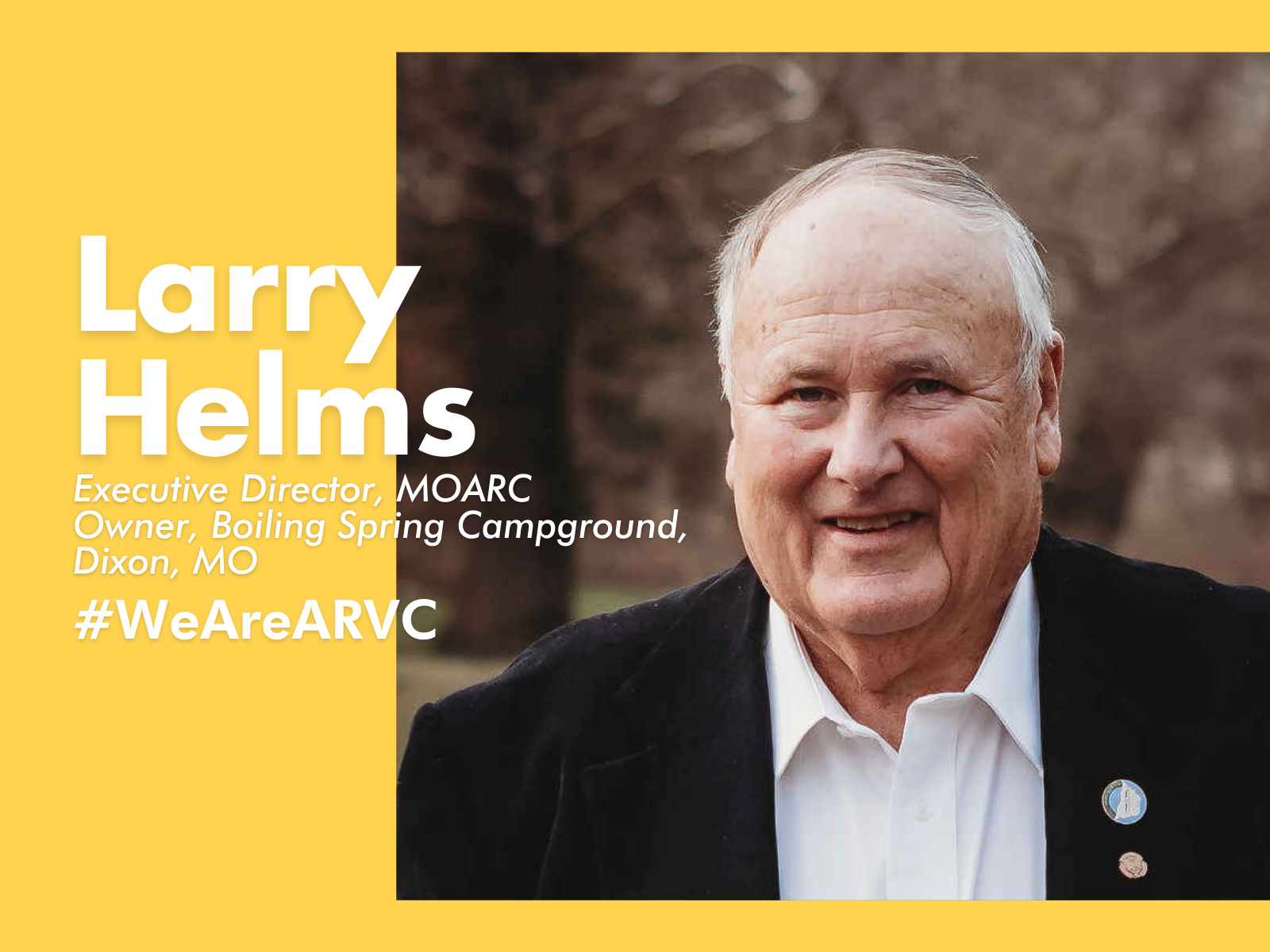It’s impossible to predict when a crisis will occur that can disrupt the operation of your park, whether that crisis involves a public health emergency, a major weather event or other serious situation. So it’s a good idea to have a plan in place for marketing your park and communicating with campers during challenging times so you’ll be well prepared to take action.
It’s impossible to predict when a crisis will occur that can disrupt the operation of your park, whether that crisis involves a public health emergency, a major weather event or other serious situation. So it’s a good idea to have a plan in place for marketing your park and communicating with campers during challenging times so you’ll be well prepared to take action.
Brian Searl is the founder and CEO of Insider Perks, a firm that specializes in marketing services for the campground industry. In a recent webinar during the ARVC Webinar Series, he offered the following tips for campground owners for marketing during a crisis:
1. Pay close attention to your social media. This is where people are talking about the crisis. If you’re not paying attention to what people are saying, you could be opening yourself up to misinformation about your park. This is especially true for your Google My Business account where anyone can ask—and answer—questions about your park. (Remember, you can post and answer your own questions to make sure accurate information gets out there.) Also, be sure to respond as quickly as you can to all comments and questions on your social media.
2. Be transparent with your guests and overshare. Put a statement on your website describing how you are responding to the crisis and create a separate page for updates that includes frequently asked questions. Also post your statement at the top of your Facebook page and be sure to include the date so people will know how recent the update is. Let people know that your park is open and what they can expect. For example, have you changed things like your activity schedule, your cancellation or refund policy? Are any of your facilities temporarily closed? Post this information on all of your social media and be sure to include photos of your staff implementing any new procedures such as extra cleaning efforts.
3. Make sure your messaging is consistent. Take steps to ensure your staff members are all on the same page when it comes to messaging for your park. The last thing you want to do is have someone answer an email one way, then have another employee offer a different response to someone on the phone or in a Facebook post. Also, each time you update your website and social media, make sure those messages are consistent with each other, too. Avoid giving customers mixed messages which will only confuse them and create uncertainty.
4. Make sure your staff knows what’s open and closed in your area. Keep an updated list for your front desk staff so they can advise guests on what’s available, including recommendations for free activities such as hiking trails if many of your local attractions are currently closed.
5. Don’t stop your regular marketing efforts. No crisis will last forever, so focus on continuing what you’re already doing. If you’re running Google ads for campgrounds near your city, for example, continue to do that.
Remember that the more transparent you are during a crisis, the more guests will see that you care about them and their families, and they will be reassured that camping at your park is a very safe experience.






Leave A Comment